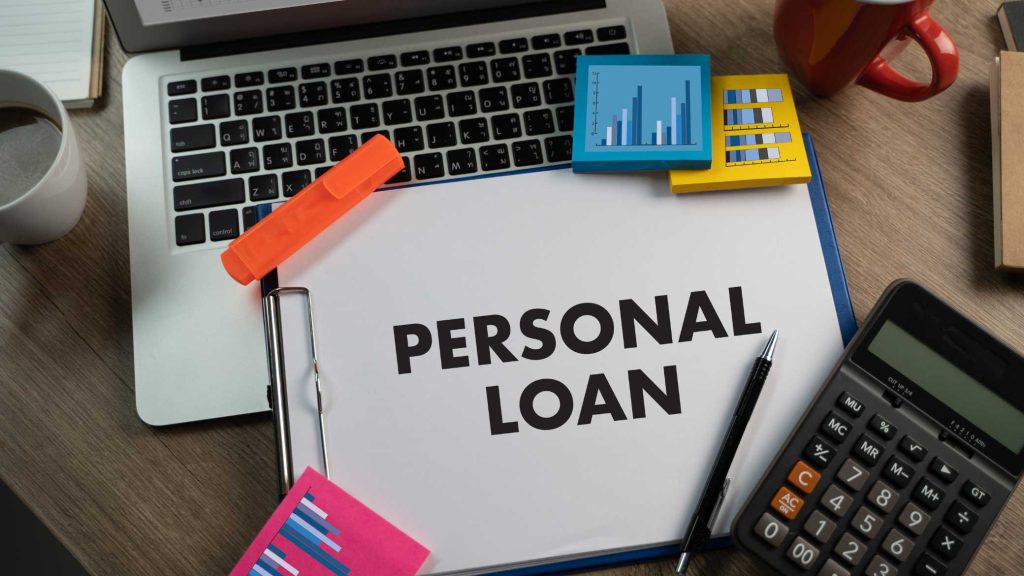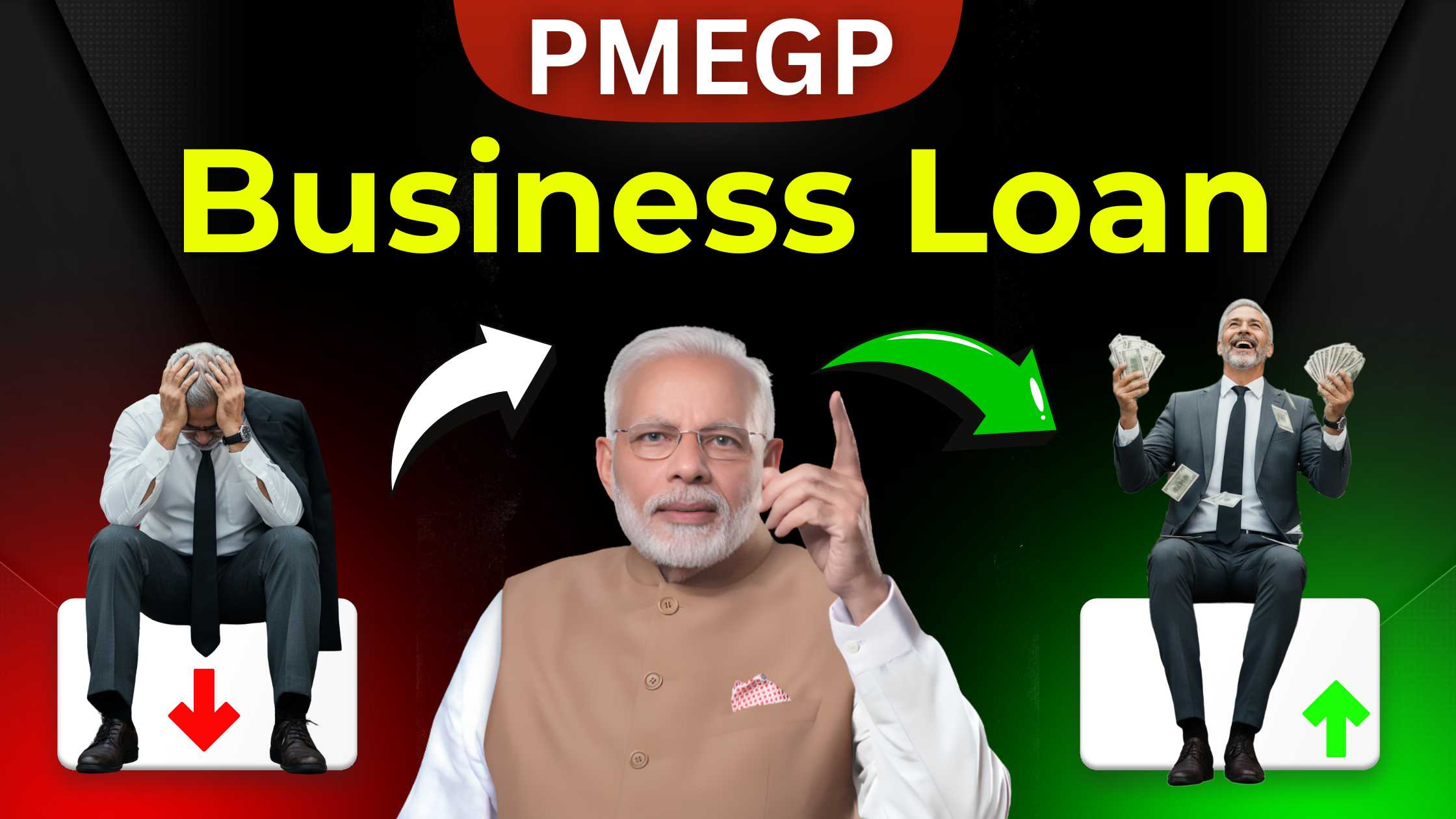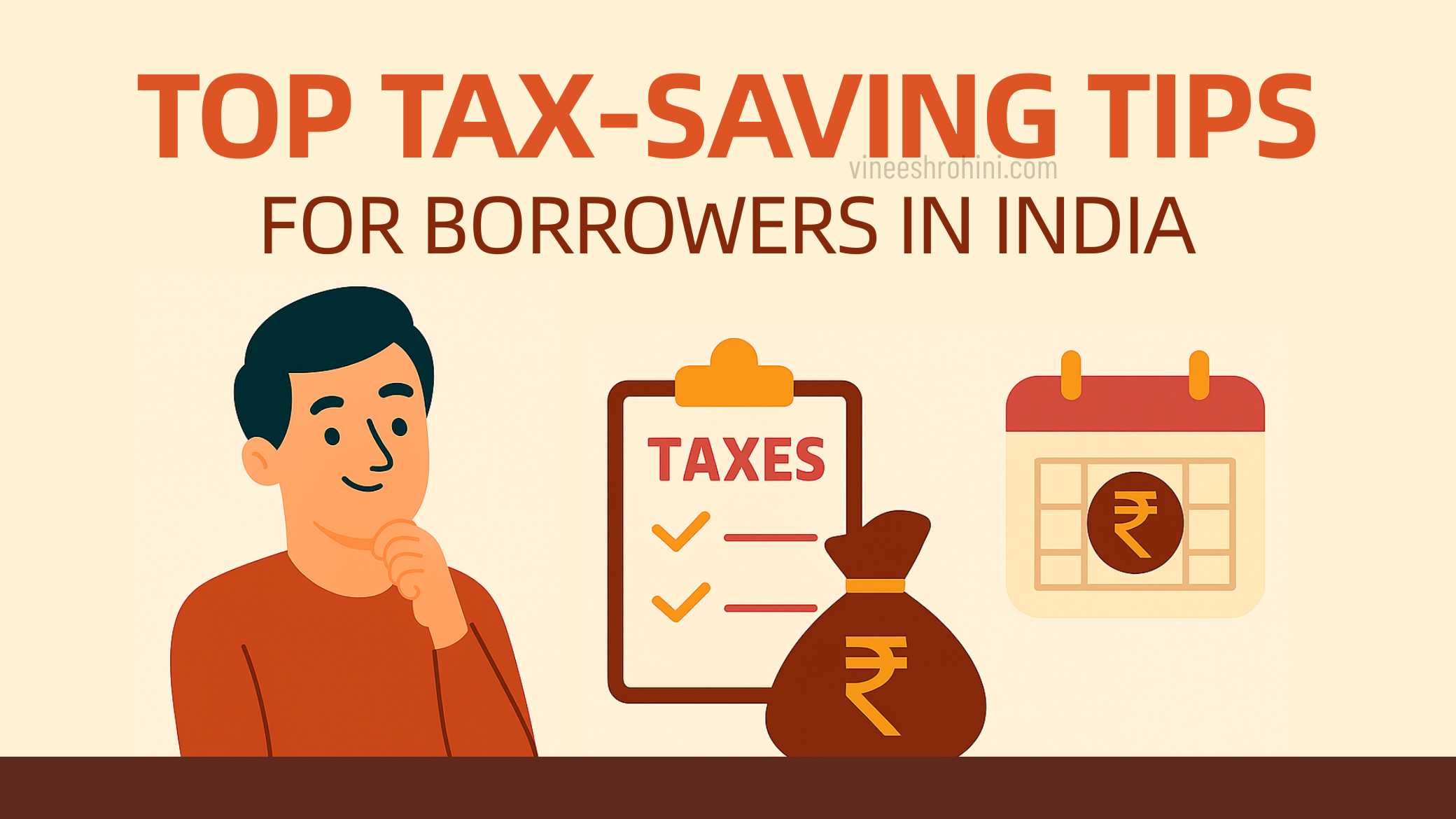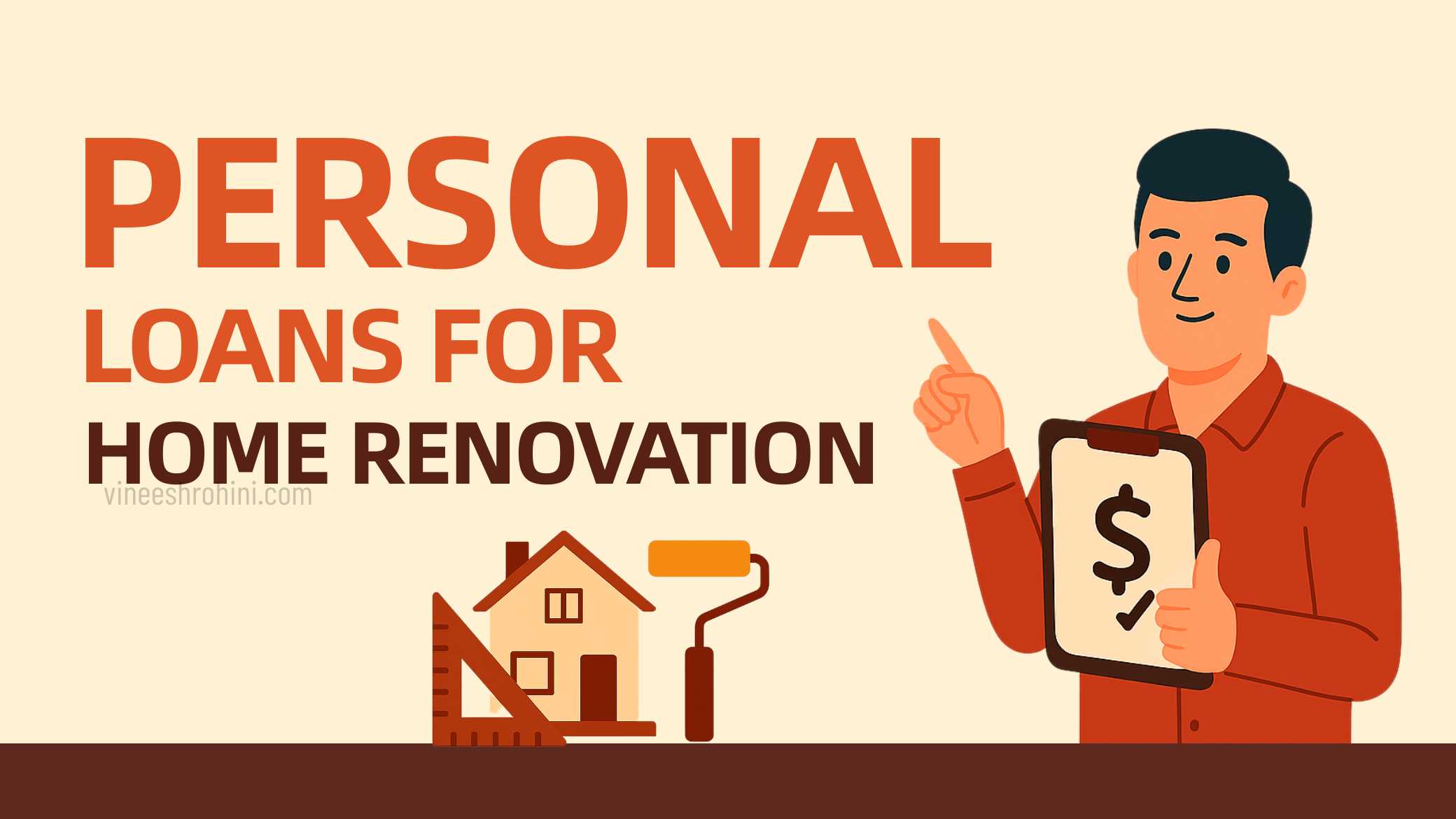Unsecured Personal Loans: Everything You Need to Know – Comprehensive Guide 2025
Unsecured Personal Loans : In today’s fast-paced financial world, personal loans have become a common tool for individuals to manage unexpected expenses, consolidate debt, or finance major purchases without the need for liquidating savings. Among the various types of personal loans available, unsecured personal loans stand out due to their flexibility and convenience. This comprehensive guide will take you through the meaning, features, benefits, drawbacks, eligibility, application process, repayment strategies, and practical tips to help you make the most informed decision before applying. By the end of this in-depth article, you will have a thorough understanding of unsecured personal loans and how they fit into your financial journey.
Table of Contents
What is an Unsecured Personal Loan?

An unsecured personal loan is a type of loan that does not require you to pledge any collateral, such as property, gold, or other assets, to secure the borrowing. Unlike secured loans, which are backed by an asset that the lender can seize if you default, unsecured loans rely solely on your creditworthiness, income, and repayment ability. This makes them a popular choice for salaried employees, self-employed professionals, and individuals who either do not own high-value assets or prefer not to risk them. In India and globally, unsecured personal loans are often used for purposes such as medical emergencies, education, weddings, travel, debt consolidation, or home renovations.
Key Features of Unsecured Personal Loans
1. No Collateral Requirement
The most defining feature of unsecured loans is that they are collateral-free. This means borrowers can access funds without risking property or other valuable assets.
2. Fixed or Flexible Loan Amounts
The loan amount can range from ₹50,000 to ₹40,00,000 (sometimes higher for premium customers) depending on your credit score, income level, and lender policies.
3. Short to Medium Tenure
Repayment periods usually vary between 12 months to 60 months, though some lenders may offer shorter or slightly longer terms.
4. Interest Rates Based on Creditworthiness
Interest rates on unsecured personal loans typically range between 9% to 24% per annum in India, depending on the borrower’s credit profile, income stability, and lender’s assessment.
5. End-Use Flexibility
Unlike home or car loans, personal loans are multi-purpose. You can use the funds for almost any legal personal or professional expense.
Also Read : How to Close a Personal Loan Early in 2025 : A Comprehensive Guide
How Do Unsecured Personal Loans Work?
When you apply for an unsecured personal loan, the lender evaluates your credit score, income level, job stability, existing liabilities, and repayment history. Based on this assessment, they decide the loan amount, interest rate, and repayment tenure. After approval, the funds are directly credited to your bank account, and you begin making equated monthly installments (EMIs) as per the agreed schedule. Since there’s no collateral, the risk for lenders is higher, and therefore interest rates are generally higher than secured loans. Missing EMIs can impact your credit score and lead to late payment penalties.
Advantages of Unsecured Personal Loans
1. No Asset Risk
You do not risk losing property or other valuables if you are unable to repay the loan.
2. Quick Disbursal
In many cases, especially with digital lenders, approval and disbursal happen within 24 to 48 hours.
3. Flexible End Use
Whether it’s an emergency or a planned expense, you can use the loan amount for any personal need without restrictions.
4. Simple Documentation
Typically, only KYC documents, proof of income, and bank statements are required.
5. Improves Credit Profile
Timely repayment can boost your credit score, making you eligible for better loan offers in the future.
Disadvantages of Unsecured Personal Loans
1. Higher Interest Rates
Since lenders face more risk, the cost of borrowing is usually higher.
2. Stricter Eligibility Criteria
Borrowers with low credit scores or unstable incomes may face difficulty getting approved.
3. Lower Loan Amounts
Compared to secured loans, you may be eligible for a smaller amount.
4. Impact on Credit Score
Any delay or default in repayment can significantly damage your credit rating.
Eligibility Criteria for Unsecured Personal Loans in India
While eligibility requirements vary across lenders, the general conditions include:
- Age: 21 to 60 years
- Income: Minimum ₹20,000 to ₹30,000 monthly (varies by city and lender)
- Employment: Salaried with a reputed employer or self-employed professional with consistent income
- Credit Score: Generally 650+ is preferred; 750+ for premium offers
- Work Experience: At least 6 months to 1 year in current job/business
Documents Required

Most lenders require:
- Identity Proof: Aadhaar Card, PAN Card, Passport, or Voter ID
- Address Proof: Aadhaar Card, Utility Bill, or Rental Agreement
- Income Proof: Salary slips for salaried individuals; ITR for self-employed
- Bank Statements: Last 3–6 months
- Photographs: Passport-size
Steps to Apply for an Unsecured Personal Loan
Step 1: Research Lenders
Compare interest rates, processing fees, tenure options, and eligibility criteria.
Step 2: Check Credit Score
Ensure your credit score is healthy to improve approval chances.
Step 3: Calculate EMI
Use an online EMI calculator to determine affordability.
Step 4: Submit Application
Apply online or offline with all necessary documents.
Step 5: Loan Approval & Disbursal
Once approved, funds are credited directly to your account.
Buy Now : Options Trading Master Class
Interest Rates and Fees
Apart from the interest rate, lenders may charge:
- Processing Fee: 1% to 3% of the loan amount
- Late Payment Charges: Applied on overdue EMIs
- Prepayment Penalty: Applicable if you repay before the end of tenure
- GST: On processing fees and other charges
When Should You Choose an Unsecured Personal Loan?
- Emergency Expenses: Medical bills, urgent travel, or family needs.
- Debt Consolidation: Paying off multiple high-interest debts with one manageable EMI.
- Planned Big Purchases: Weddings, education, or home improvement.
- Cash Flow Gaps: Short-term financial requirements in business or personal life.
Tips for Managing an Unsecured Personal Loan
- Borrow Only What You Need: Avoid unnecessary debt.
- Choose the Right Tenure: Shorter tenure means higher EMI but less interest overall.
- Automate Payments: Prevent missed EMIs and penalties.
- Maintain Good Credit Habits: Timely repayment boosts your financial credibility.
- Avoid Multiple Applications: Too many loan inquiries can lower your credit score.
Impact on Credit Score
Unsecured personal loans can either positively or negatively affect your credit score:
- Positive Impact: Timely payments and responsible usage can improve your score.
- Negative Impact: Late payments, defaults, or high credit utilization can hurt your score for years.
Buy Now : Options Trading Master Class
Digital Transformation in Unsecured Lending
In 2025, the rise of fintech platforms has made personal loans more accessible. Many lenders now offer instant loan approvals via mobile apps using AI-powered credit scoring. This reduces paperwork, speeds up disbursal, and provides transparency in terms of fees and repayment schedules.
Conclusion

Unsecured personal loans offer a flexible and convenient way to access funds without risking your assets. They are ideal for individuals with a good credit history, stable income, and the ability to repay on time. However, due to higher interest rates and strict eligibility criteria, they may not suit everyone. Before applying, always compare multiple lenders, understand the fine print, and ensure the loan fits into your overall financial plan. In the digital age, borrowing responsibly can help you not only meet your immediate needs but also build a stronger credit profile for the future.
Disclaimer
This article is for informational purposes only and does not constitute financial advice. Readers should consult with a qualified financial advisor before making borrowing decisions.



